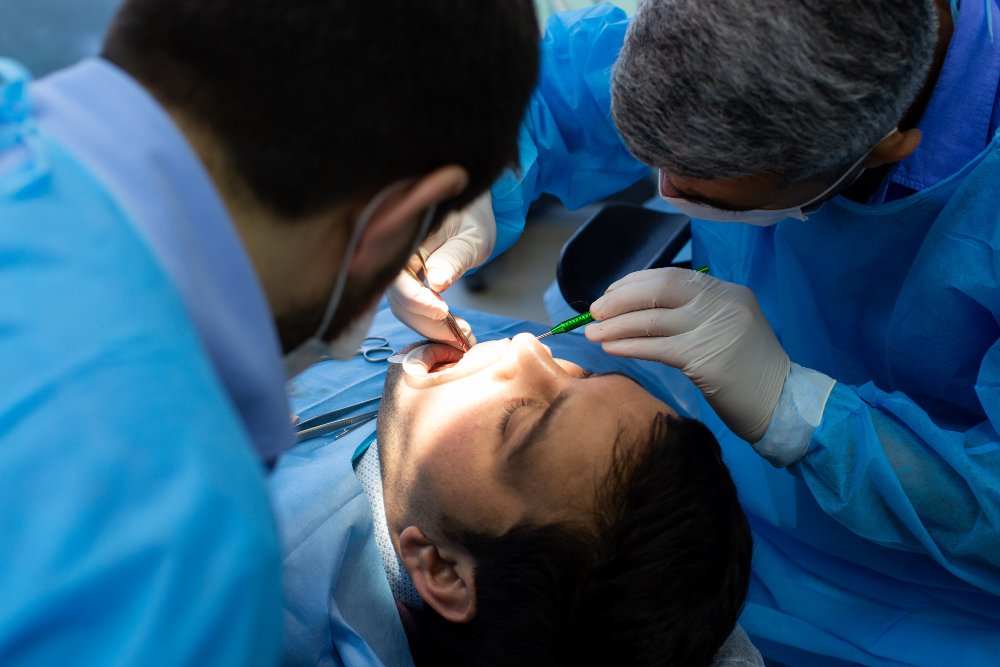What Is a Wisdom Tooth Infection?
Wisdom tooth infection is a common dental problem. It happens when bacteria enter the area around a wisdom tooth. Often, this occurs if the tooth is partly covered by gum or does not grow in straight. Because wisdom teeth are at the back of the mouth, they can be hard to clean. As a result, infection can develop. Wisdom tooth infection can cause pain and swelling. It may also lead to more serious health issues if not treated. Therefore, it is important to know the signs and seek help early.
Common Warning Signs
Recognizing the signs of an infected wisdom tooth can help you get treatment sooner. Early care can prevent problems from getting worse. Look out for these warning signs:
Sometimes, the pain may come and go. However, if you notice any of these signs, it is wise to see a dentist soon.
Causes of Wisdom Tooth Infection
There are several reasons why a wisdom tooth infection can develop. Most often, it happens because the tooth is not fully out of the gum. This is called an impacted wisdom tooth. Here are some common causes:
Additionally, if your wisdom tooth grows at an angle, it can press against other teeth. This can make cleaning even harder and raise the risk of infection.
Diagnosis and When to See a Dentist
If you have signs of an infected wisdom tooth, you should see a dentist right away. Early diagnosis can prevent the infection from spreading. Dentists will ask about your symptoms and examine your mouth. They may also take an X-ray to check the tooth’s position and look for signs of infection. Sometimes, the infection can spread to nearby teeth or even to the jaw. Therefore, do not wait if you notice pain, swelling, or fever. Search for “wisdom tooth infection treatment near me” to find help quickly.
Treatment Options
Treating a wisdom tooth infection depends on how severe it is. Dentists use several methods to help you feel better:
After treatment, follow your dentist’s advice for care at home. This will help you heal faster and prevent new infections.
Prevention Tips
Preventing wisdom tooth infection is possible with good oral care. Here are some tips to help you avoid problems:
Even if you do not have pain, regular dental visits can catch issues early. This way, you can avoid infection and keep your mouth healthy.
Frequently Asked Questions (FAQ)
Conclusion and Call-to-Action
In summary, wisdom tooth infection can cause pain and other problems. Early warning signs include pain, swelling, and bad breath. Because infections can get worse quickly, it is important to see a dentist if you notice symptoms. Treatment options include cleaning, antibiotics, and sometimes removing the tooth. To prevent infection, keep your mouth clean and visit your dentist often. For personalized advice, consult a dentist as soon as possible.


